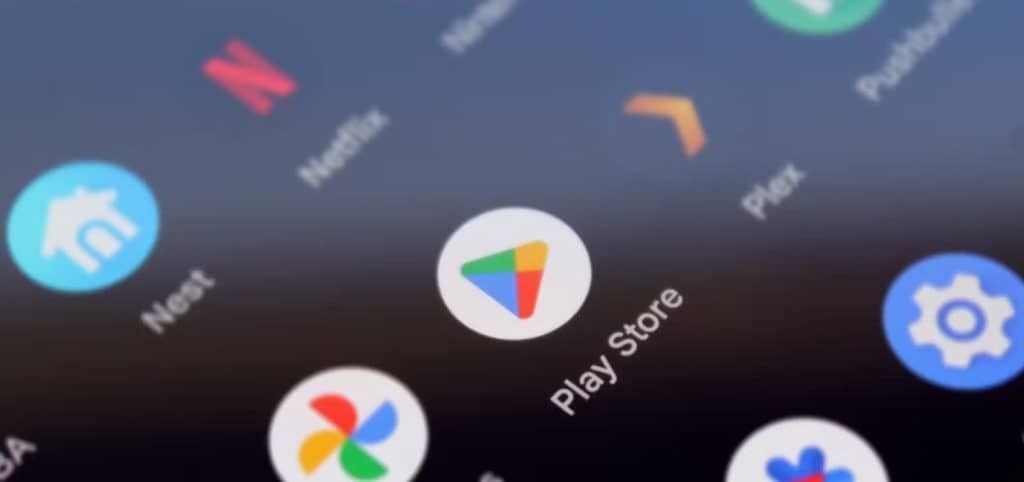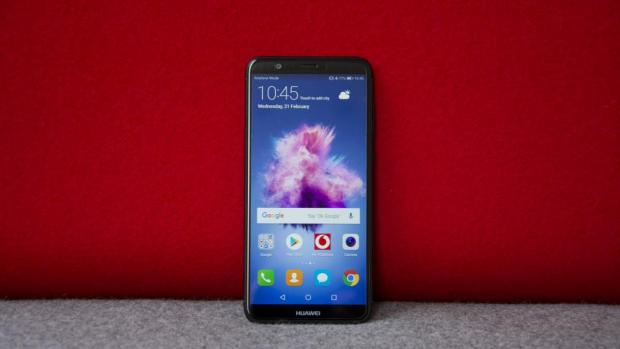
Earlier this year, Google started testing a feature for the Play Store that we hadn’t seen since a separate, short-lived test in 2019, and it was one that many thought should have been a staple of the platform since its inception. That feature has finally rolled out, and now that we’re using it, we’re even more confused that it wasn’t already a thing.
This week in Android was a busy one, with Google finally bringing its Pixel 9 into all of its various beta programs, and Samsung’s Galaxy Z Fold 6 catching strays while it was already down. We also saw major players vying for position about 300 miles above our heads, and Samsung’s Special Edition foldable started taking shape in this week’s top news headlines.
The Pixel 9 finally catches up to the Pixel 8 on software
We were disappointed to learn that the Pixel 9 ships with Android 14 instead of being the flag-bearer for Google’s newest OS, but the phone was finally added to the Android 15 beta program last week. Trouble is, there’s a second Android 15 beta program now — this one for the December Pixel Feature Drop — and the Pixel 9 wasn’t included to start.
That changed this week, as Google announced Android 15 QPR1 Beta 1.1, and with it came a build for the Pixel 9 and Pixel 9 Pro XL. While the Pixel 9 Pro and 9 Pro Fold have yet to receive a build, they’ve also yet to hit store shelves, so the omission is understandable. Besides, Android 15 stable isn’t coming to any of these phones for at least another four weeks, as Google tacitly confirmed that Android 15 won’t launch for Pixels until October.
The Galaxy Z Fold 6 gets kicked while it’s down
Towards the middle of the week, a Samsung insider let us know that saying Galaxy Z Fold 6 sales are off to a cold start would be an understatement. The new series was said to have only shiped approximately 270,000 units in its first two weeks of availability, and based on last year’s sales figures, that would represent about a 10% drop in shipments when compared to the Galaxy Z Fold 5’s first two weeks.
As if that weren’t bad enough, fellow foldable maker Honor creatively trolled the relatively thick Galaxy Z Fold 6 with an engraved letter on the spine of its thinner Magic V2, flexing the precision of its manufacturing prowess. But don’t feel too bad for Samsung, it’ll get its chance to respond when the mysterious Special Edition Galaxy Fold finally goes public (more on that in just a sec).
The Play Store learns things Google should’ve taught it in the Android Market days
After being spotted in testing earlier this year, a new Play Store feature finally rolled out this week: When you tap the Update All button, it now finally downloads the updates simultaneously. This comes after Google introduced the ability to download multiple apps simultaneously just months ago — something we didn’t find quite as useful as this week’s change, since it only comes in handy when you’re setting up a new phone — but the ability to update all of your apps at once should certainly be more useful.
Separately, Google rolled out a robust set of personal data controls for its app store in another better-late-than-never move. Among other things, these let you control what previously-installed apps are used to surface recommendations — something we all could’ve benefited from as far back as when the Play Store was still called the Android Market.
Samsung’s got something Special in the Fold
For months now, we’ve been hearing about a mysterious third Samsung foldable expected in 2024. First, it was thought to be the Galaxy Z Fold 6 Ultra, then leaks had it pegged as the Galaxy Z Fold 6 Slim. Now, a much more reliable and persistent rumor says this device will be called the Galaxy Z Fold Special Edition.
It makes sense to drop the numbered branding, considering this will be a mid-cycle release — and supply chain reports continue to indicate that it will be a limited launch, possibly only in Samsung’s home country of South Korea, so it does seem to be more of a one-off release than a new series. But as the device itself continues to take shape with rumors like a much-improved camera and a titanium frame, it’s beginning to feel more like a Galaxy Z Fold 7 prototype than a Fold 6 reissue.
Space: The mobile frontier
A couple of weeks ago, the Pixel 9 debuted with emergency SOS functionality built in, and we learned it was powered by Skylo and Garmin’s satellite networks. These non-terrestrial networks, or NTNs, are becoming a hotbed of competition in 2024, as more companies have joined Starlink in providing the service.
This week, after partnering with T-Mobile to bring satellite SOS capabilities to the magenta network, Elon Musk announced that Starlink plans to provide emergency connectivity to all satellite-capable smartphones worldwide, free of charge and regardless of carrier. While it’s a grand gesture, as most things involving Musk are, the plan seems far from being implemented. In the meantime, Verizon has also partnered with Skylo for new satellite-based emergency SOS connectivity for its customers, and the company said it plans to roll out satellite phone call coverage at some point in 2025.























